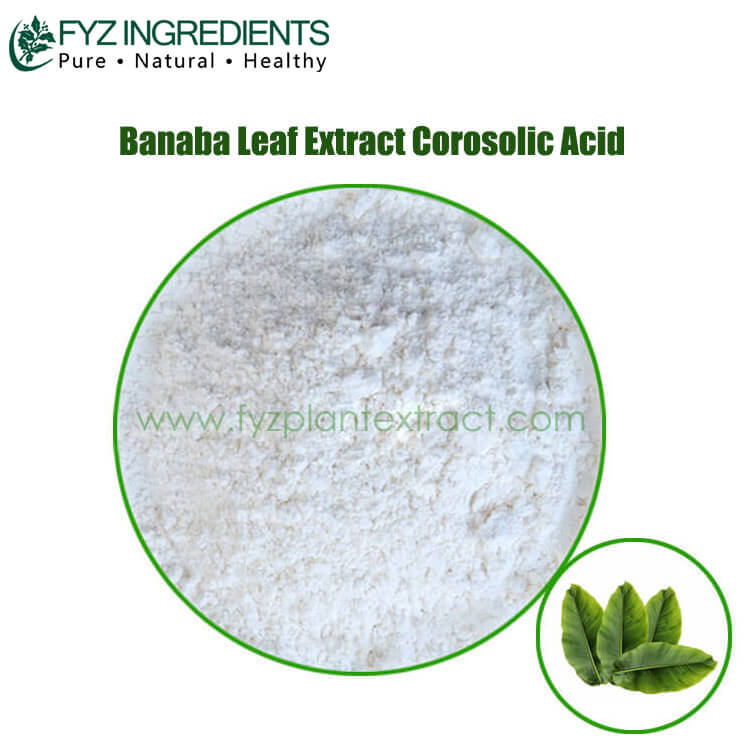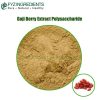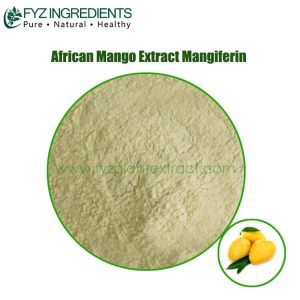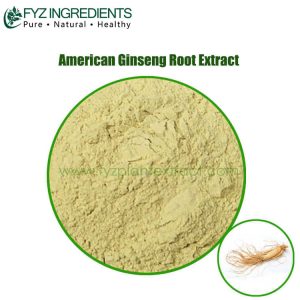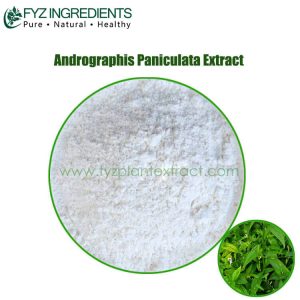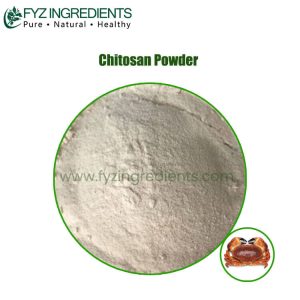What is Banaba Leaf Extract Corosolic Acid?
Banaba (Lagerstroemia speciosa), an ornamental plant indigenous to Australia, Southeast Asia, and India. It is also found in other warm climates throughout the world including the temperate regions of the United States, where it is commonly known as crepe myrtle. In addition to its use as a decorative shrub, the banaba bush has been prized for its medicinal properties. Banaba leaf extract contains high levels of a plant insulin known as corosolic acid. Studies have shown that the corosolic acid naturally present in banaba leaf may improve blood sugar control in type II diabetics.
Chemical Constituents of Banaba Leaf Extract
Banaba leaves contain ellagic acid derivatives. A later report confirms ellagitannins, lagerstroemin, flosin B, and reginin A, which are all possible glucose transport enhancers. Lagertannins, beta-sitosterol, stigmasterol, campesterol, and some olefins also have been found in banaba leaves and extracts. Lageracetal (1,1-Dibutoxybutane), 1-pentanol, ellagic acid, and corosolic acid (a triterpene) have been isolated from leaves. Another study reports 16 amino acids, pyrogallol tannins, and lipids also present in banaba leaf. From the neutral fraction of hot ethanol extracts of banaba leaves, nonacosane, hentriacontane, tritriacontane, olefins, and esters of palmitic, daturic, stearic, arachinic, and behenic acids were identified.
Banaba bark was found to contain similar constituents to its leaves. One report finds ellagic acids, beta-sitosterols, and corosolic acids from bark extracts.
Banaba seeds contain caprylic, lauric, myristic, palmitic, steric, arachidic, behenic, lignoceric, oleic, and linoleic acids in the oil. 9-keotoctadec-cis-11-enoic acid has been isolated from seed oil as well. Chemical investigation of amino acid components in banaba seed oil has been performed. Components nonanedioic acid, 12-acetyloxy-9-octadecenoic acid, and 16-methyl-heptadecandic acids present in seed extracts have been identified as having antibacterial activity.
Banaba and related species contained ellagic acid, campesterol, stigmasterol, and beta-sitosterol in their stem parts.
Health Benefits of Banaba Leaf Extract Corosolic Acid
1. Controlling blood sugar
Banaba has been used for years in the Philippines and other parts of Asia as a method of controlling blood sugar. It may stimulate the transport of glucose into the cells resulting in lower blood sugar levels.
Numerous clinical studies, on both humans and animals, have shown banaba leaf extract’s ability to lower blood sugar and insulin levels. One study at the Southeastern Institute of Biomedical Research, using a 1 percent corosolic acid extract of banaba leaf, consistently reduced blood glucose significantly in people with type-II diabetes.
2. Weight loss
Banaba leaf extract helps control hunger, but it doesn’t work as a prescription appetite suppressant. Banaba leaf will not leave the dieter feeling any hunger at all, but it may give the dieter the power to control what they eat so they lose more weight.
An animal study published in the Journal of Nutritional Science showed banaba leaf extract to not only regulate glucose, but also induce weight loss. Experts believe this is because the regulation of insulin and blood sugar levels helps control cravings for sweets and other simple carbohydrates, allowing the person to eat less (and healthier) with less difficulty.
3. Other
The extract of the Banaba is good for helping to relieve urinary tract infections. The bush has also been linked to a reduction of cholesterol and the lowering of blood sugar in diabetes patients. There has been evidence that indicates that regular consumption of the tea can alleviate kidney stones and help reduce the chance of gallbladder stones.
Dosage of Banaba Leaf Extract Corosolic Acid
None well documented. In one small, randomized, clinical trial involving type 2 diabetic patients, researchers found that dosages of 32 and 48 mg of a banaba leaf extract standardized to 1% corosolic acid (glucosol preparation) administered for 2 weeks significantly reduced blood glucose levels.
Flowchart of Production

Package and Shipping
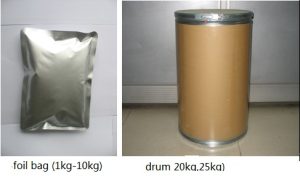
- By Express: Suitable for under 50kg, 5-10 days
- By Air: Suitable for more than 50kg, 7-15 days
- By Sea: Suitable for more than 500kg, 15-45days
Why Choose FYZ Banaba Leaf Extract Corosolic Acid?
- FYZ is a professional Banaba Leaf Extract Corosolic Acid manufacturer in China, provides private labels service.
- FREE SAMPLE (5-10g) for detection, if you need more, please contact us.
- Fast delivery by DHL/FedEx, air as your requirement.
- All of our products from nature, no additive.
- Money refund policy.

